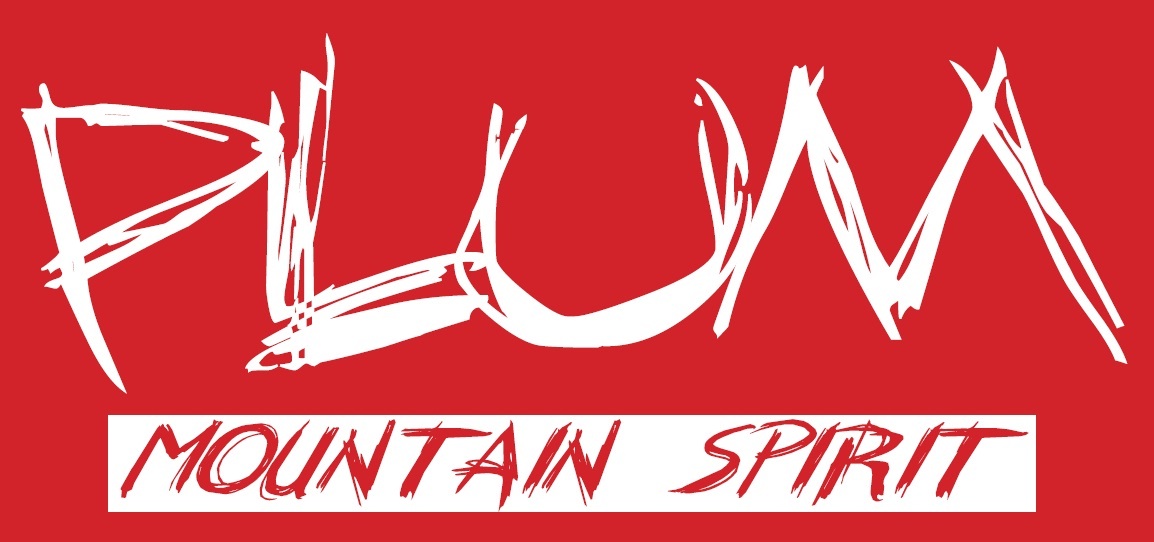Barefoot Efficiency
 Tuesday, June 12, 2012 at 04:11PM
Tuesday, June 12, 2012 at 04:11PM  I've written extensively on barefoot and minimalist running in the past. This trend in the running culture is no secret at this point. We continue to learn that this style of running is not for everyone and, even for those who make the transition from heel striking successfully, the journey is not without risk. But for many others, the switch is a sort of re-birth in enthusiasm for life-long runners.
I've written extensively on barefoot and minimalist running in the past. This trend in the running culture is no secret at this point. We continue to learn that this style of running is not for everyone and, even for those who make the transition from heel striking successfully, the journey is not without risk. But for many others, the switch is a sort of re-birth in enthusiasm for life-long runners.
Last week at the American College of Sports Medicine 59th Annual Meeting, a couple of interesting aspects of the phenomenon were presented. One confirmed my observations that runners can get hurt running "new school" and often exchange one set of impact-related injuries for another. Shin splints and more proximal stress fractures are traded for an increase in soft tissue problems in the Achilles tendon and mid-foot fractures. The interesting thing is that, in the cohorts studied, injuries in the so-called "barefoot" group were relatively infrequent compared to running injury frequency of up to 70% often reported in traditional runners.
More intriguing were the findings presented in several papers involving the increased efficiency seen in lightly shod runners. Indeed, the investigators used different methods but came to the same conclusions.... barefoot, or nearly barefoot runners go faster. Some measured the speed of runners over a fixed distance while others measured metabolic output (VO2, respiratory rate, etc.) at consistent speeds and grades. In one such study, it was concluded the shoe weight accounted for only 18% of the improvement.
The bottom line here is that if you make the transition to fore foot striking SLOWLY and do so without sustaining a significant injury to the soft tissues of the lower extremity, you stand a good chance of running faster. That's pretty cool. - Brian
 Brian |
Brian |  Post a Comment |
Post a Comment |  barefoot running in
barefoot running in  Running Training
Running Training 






Reader Comments